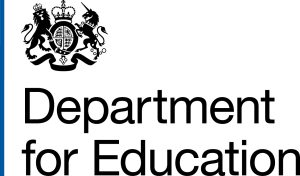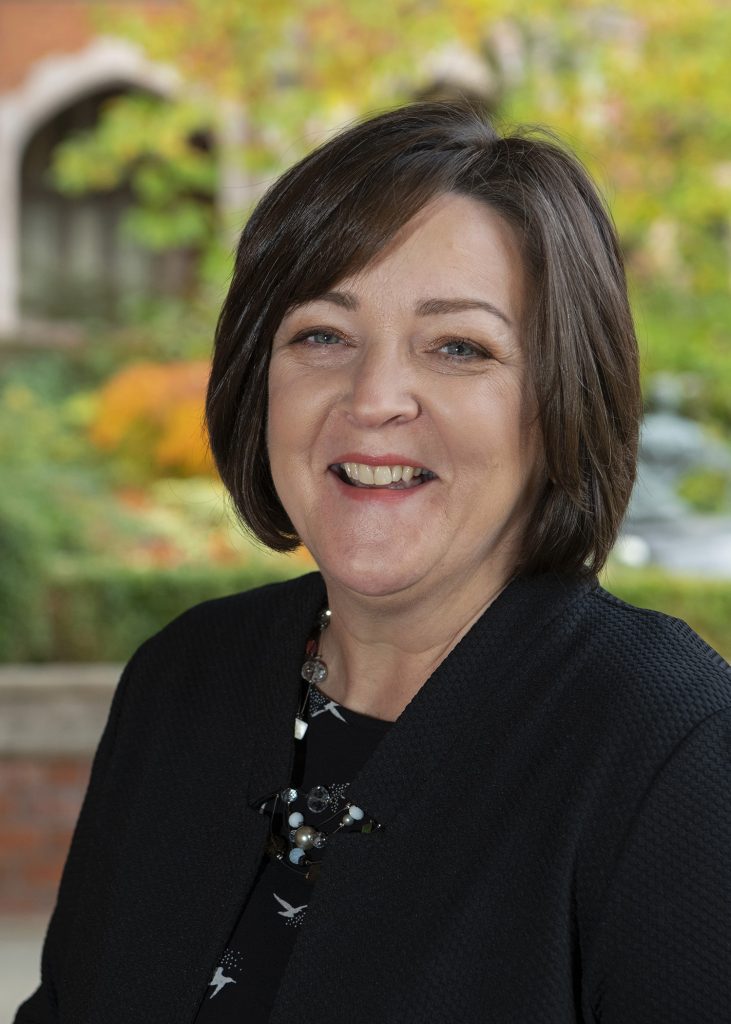Pearson, in collaboration with the Oxford University Centre for Educational Assessment (OUCEA), has been awarded the Programme for International Student Assessment (PISA) 2021 contract by the Department for Education to operate as the National Centre for England, Wales and Northern Ireland.
In total, around 90 countries and economies are expected to participate in PISA 2021, an international study which aims to evaluate education systems worldwide by measuring the knowledge and skills of students aged 15 years in reading, mathematics and science. The focus area in this PISA cycle will be mathematics.
Pearson will be the national Centre for PISA 2021, meaning that it will be responsible for the implementation of the study in over 450 schools across England, Wales and Northern Ireland. Associate Professor Grace Grima, Director of Research at Pearson, will lead as the National Programme Manager. OUCEA will be responsible for the data analysis, writing of the national reports, and the dissemination of the PISA 2021 results, under the leadership of Professor Therese N. Hopfenbeck, and Associate Professor Joshua McGrane.











